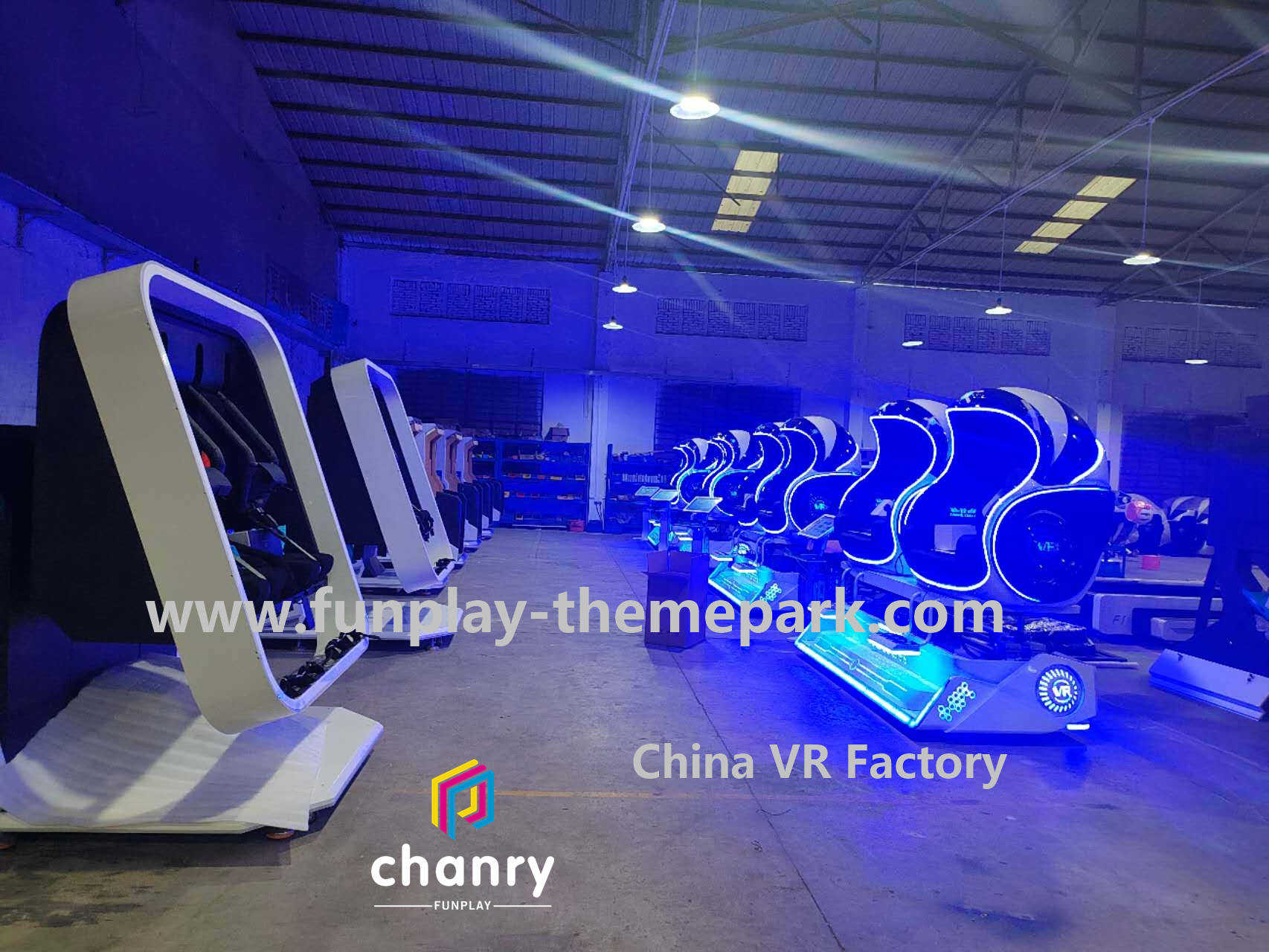Is VR a Gaming Console? Exploring the World of Virtual Reality
Virtual Reality (VR) has revolutionized the way we experience and interact with digital content. It has become a popular form of entertainment, allowing users to immerse themselves in virtual worlds and engage in various activities. While VR is often associated with gaming, it is important to understand that VR itself is not a gaming console, but rather a technology that can be utilized on different platforms.
When it comes to gaming, VR offers a truly unique and immersive experience. With the advancement of VR technology, players can now step into a virtual world and interact with it in ways never before possible. Whether it’s exploring fantastical realms, engaging in intense battles, or solving puzzles in a fully immersive environment, VR gaming takes the concept of gaming to a whole new level.
One popular VR gaming experience is the VR Bus Simulator, where players can virtually drive through the bustling streets of New York City. This simulation provides a realistic and thrilling experience, allowing players to feel the rumble of the engine and witness iconic landmarks. It’s an example of how VR can transport players to different places and create an incredibly immersive gaming experience.
In addition to gaming, VR has also made its way into the world of cinema. The 4D Cinema in New York, for instance, offers a range of VR experiences that go beyond traditional movie-watching. From the 12D Cinema that incorporates various sensory effects to the VR-360 Roller Coaster that takes viewers on a thrilling ride, these experiences showcase the potential of VR in the entertainment industry.
While VR technology can be experienced on various platforms, it is worth mentioning that there are dedicated VR gaming consoles available in the market. One such example is the PlayStation VR for PlayStation 4. With the PlayStation VR headset and compatible games, players can enjoy a wide range of immersive gaming experiences. Titles like “Arizona Sunshine,” “Farpoint,” and “Superhot VR” offer intense gameplay and showcase the capabilities of VR on a dedicated gaming console.
However, it is important to note that VR is not limited to gaming consoles. VR can also be experienced on other platforms, such as PC, mobile devices, and even standalone VR headsets. This versatility allows more people to access and enjoy VR content, regardless of their gaming preferences or hardware setup.
Apart from gaming and cinema, VR has also found its way into other industries. For example, the Top Gear TVR Factory utilizes VR technology to provide a virtual tour of their manufacturing process, allowing car enthusiasts to explore the factory from the comfort of their homes. This demonstrates how VR can be used as a tool for education, training, and exploration in various fields.
Moreover, multiplayer gaming has also embraced VR technology. There are several multiplayer games available on platforms like Xbox One that allow up to six players to engage in virtual adventures together. These games provide a social and interactive experience experience, where players can collaborate, compete, and communicate with each other in a shared virtual space.
Furthermore, the concept of multiplayer extends beyond gaming, as seen in the Nock VR Multiplayer platform. This platform enables users to interact with each other in a virtual reality environment, creating social connections and fostering a sense of community. It showcases how VR can bring people together and enhance social interactions in ways that traditional gaming cannot.
Universal Studios has also ventured into the world of VR with their VR-360 experiences. These virtual reality attractions allow visitors to explore iconic movie sets and participate in thrilling adventures. From walking through the streets of Hogwarts in the “Harry Potter” series to battling dinosaurs in “Jurassic Park,” these experiences offer a taste of what VR can bring to the world of theme parks and entertainment.
Lastly, the Yaw VR Flight simulator is another example of how VR can be used to simulate experiences beyond gaming. This motion simulator allows users to experience the sensation of flying, whether it’s piloting an airplane or soaring through outer space. It showcases the potential of VR in creating realistic and immersive simulations for training, entertainment, and exploration purposes.
In conclusion, while VR is not a gaming console itself, it is a technology that enhances gaming experiences and offers a wide range of possibilities across various platforms. From dedicated VR gaming consoles like PlayStation VR to VR experiences on PC, mobile devices, and standalone headsets, VR has become a versatile tool for entertainment, education, and exploration. Whether it’s through gaming, cinema, multiplayer experiences, or simulations, VR continues to push the boundaries of what is possible, immersing users in virtual worlds and creating unforgettable experiences.




